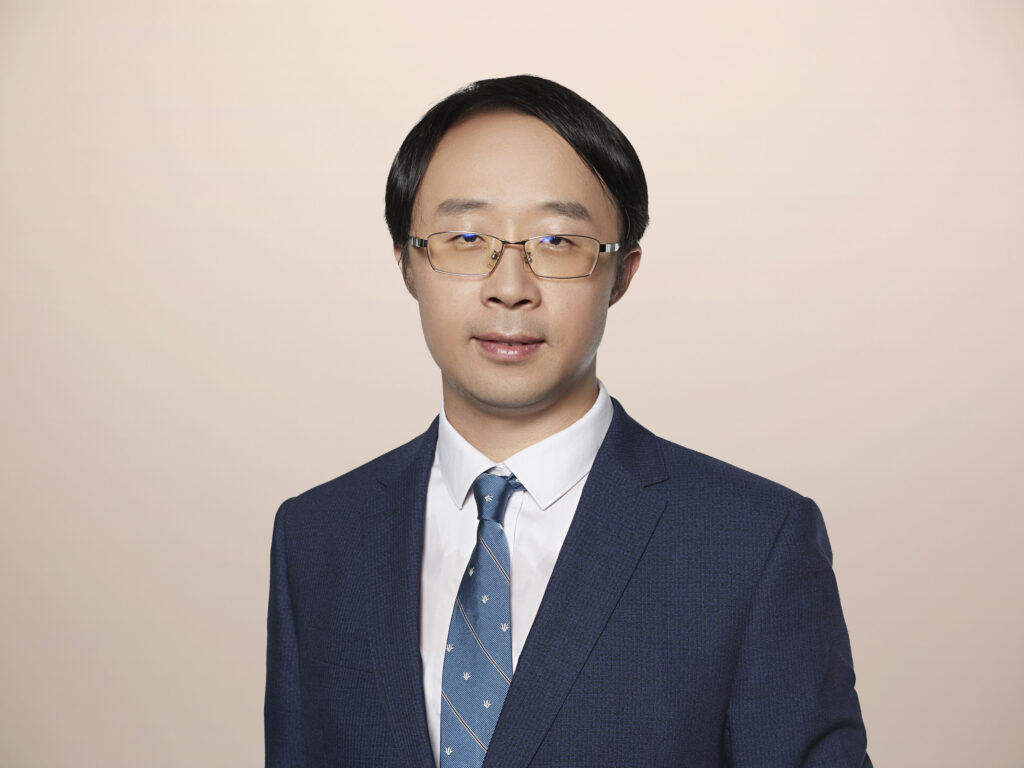US Government: Huawei Should Be Your Digital Business Partner, Not Your Enemy
Huawei Technologies started out nearly 30 years ago as a small private company with 14 employees and 140,000 yuan in capital. By 2015, its total revenue exceeded $60 billion. Huawei is already a global company, but its globalization journey has been a difficult one since the very beginning. Despite its continuous business growth in other regions, Huawei has faced critical censorship in the US since Day One — and last week the US government put Huawei under the microscope yet again.
National security is important, but using “national security” as an excuse for allowing unfair competition will only harm customers. It’s time for the governments of both countries to trust each other more. I’ve recently published a report focusing on Huawei’s continuous progress toward becoming a key enabler of digital transformation in the telco and enterprise spaces. Some of the key takeaways:
- Huawei has holistic strategies for digital transformation. Huawei’s broad vision of digital strategy — which focuses on cloud enablement and readiness, partner enablement, and open source co-creation — has helped the firm sustain strong business growth in the telco and enterprise markets. For example, its partnerships with T-Systems on the Open Telekom Cloud in Germany and with Telefónica on public cloud in the Americas have helped carriers in local markets give cloud users on-demand, all-online, self-service experiences.
- Cloud and big data solutions have become competitive Huawei offerings. Huawei is expanding its geographic coverage in the public cloud market and the technical depth of private cloud solutions such as FusionSphere on the infrastructure-as-a-service layer and FusionStage on the platform-as-a-service layer. The company is also achieving customer success in the big data arena using its FusionInsight product, including leading telco and banking customers in China market.
- Huawei will have unique advantages in the IoT space. By furnishing its solutions to telco and enterprise businesses, Huawei is on its way to providing connectivity for internet of things (IoT) solutions to customers, including an IoT management platform, hybrid connectivity across fixed and mobile networks, and a dedicated IoT operating system as a software stack for IoT application development on multiple layers, including kernel and middleware components.
Huawei has grown from a maker of low-end carrier equipment to become an important global innovator. CIOs of global organizations should put Huawei on their shortlists as a partner that has business technology solutions that can help them accelerate digital transformation in the age of the customer — and the same goes for the US government. “We Didn’t Start The Fire”, nominated for a Grammy in the 1980s, is my favorite song from the US describing the wars of the late 20th century; I hope that our children will live in a world without war in any form — not even a technology trade war.
